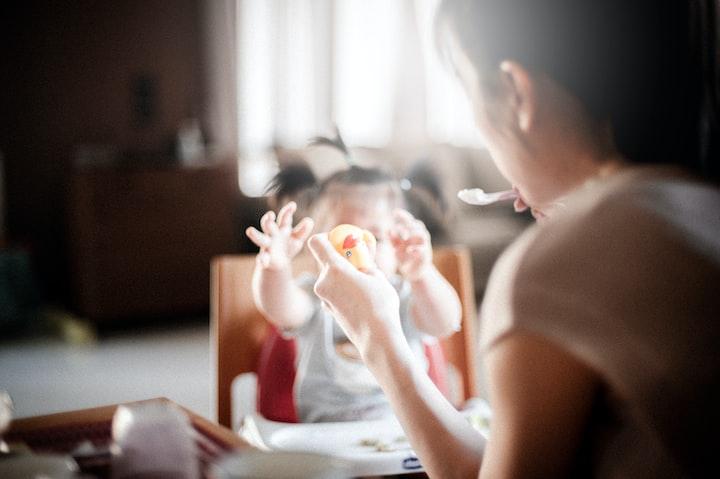Finding it hard to concentrate
You might notice that your child has difficulty focusing on tasks or conversations. They may seem easily distracted or forgetful. These can be signs that your child is struggling with anxiety.
Your child may also avoid activities or situations that make them feel anxious. You might see them refusing to go to school, leaving a party early, or declining to participate in an extracurricular activity.
If you’re worried that your child’s anxiety is impacting their life in a negative way, it’s important to reach out for help. Talk to your child’s doctor or a mental health professional about what you’re seeing and how you can best support your child.
Not eating properly
Anxiety can manifest in many ways, and some children may experience symptoms that are not always obvious to adults. Some common signs that a child may be experiencing anxiety include:
1. Not eating properly: A child who is anxious may have a loss of appetite or become picky about food.
2. Changes in sleep patterns: Anxious children may have difficulty falling asleep or staying asleep. They may also have nightmares or night terrors.
3. Emotional outbursts: A child who is feeling anxious may exhibit sudden crying spells or fits of anger.
4. Avoidance behaviors: A child who is anxious may start avoiding people, places, or activities that make them feel uncomfortable.
5. Physical complaints: Children with anxiety often experience physical symptoms such as headaches, stomachaches, and dizziness.”
Quickly getting angry or irritable, and being out of control during outbursts
Children who are anxious may become easily angry or irritable. They may have outbursts that are out of control. These behaviors may be a sign that the child is struggling to cope with their anxiety.
Constantly worrying or having negative thoughts
Most children worry from time to time. It’s a normal part of childhood development. But some children worry more than others, and their worries can become so intense that they interfere with daily activities and disrupt family life.
If your child is excessively worried or has frequent negative thoughts, it could be a sign of anxiety. Anxiety is a real and serious medical condition that affects millions of children and teens each year. If left untreated, anxiety can have a profound impact on a child’s development, academic performance, and social interactions.
Common signs and symptoms of anxiety in children include:
Excessive worrying or rumination (thinking about something over and over)
Intrusive thoughts (recurrent, unwanted thoughts or images)
Avoidance behaviors (avoiding people, places, or things that trigger anxiety) .
Feeling tense and fidgety, or using the toilet often
Anxiety is a feeling of unease, such as worry or fear, that can be mild or severe. Everyone experiences anxiety at some point in their life, but for some people it can be a long-term problem.
Anxiety can affect children and young people in many ways. Some common signs of anxiety in children and young people are:
feeling tense and fidgety;
feeling nervous or afraid;
having a sense of dread or foreboding; .
